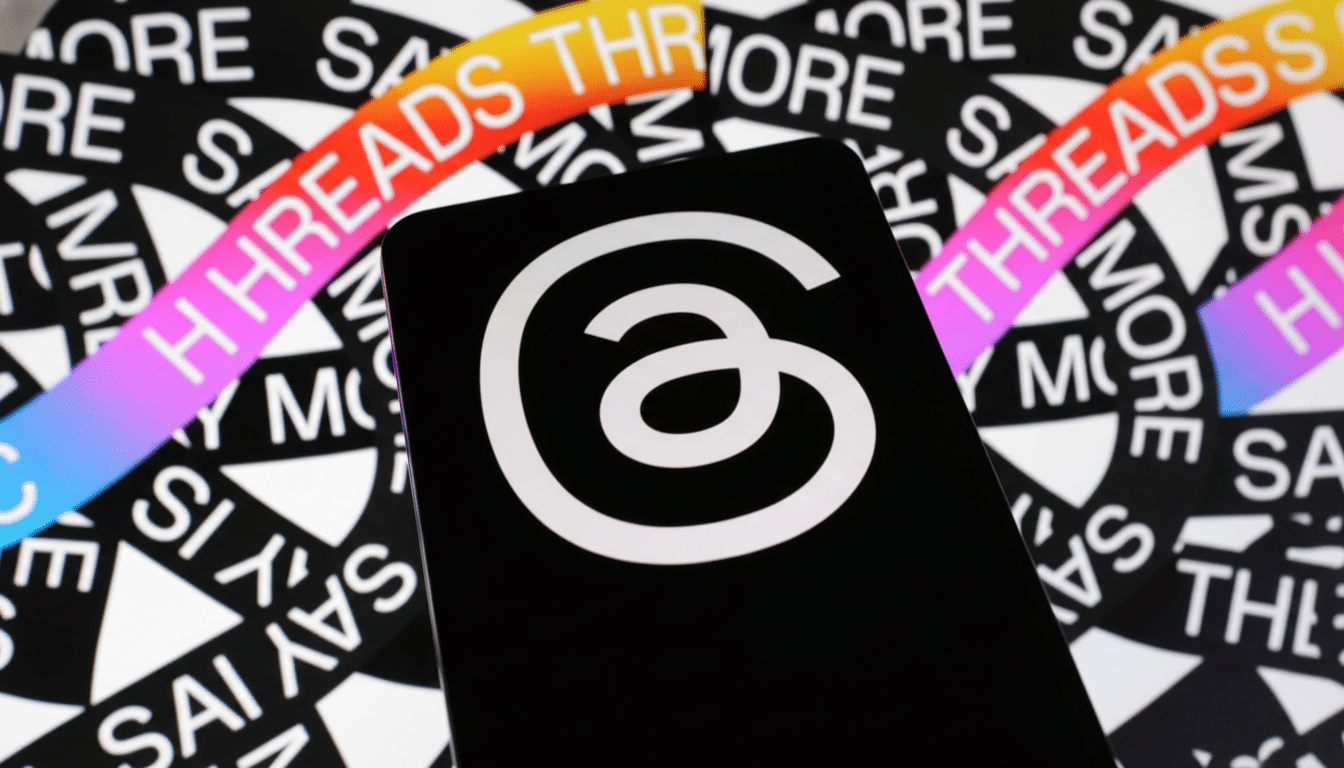A hot mic moment at a White House dinner caused mild panic around tech and policy circles, after Meta CEO Mark Zuckerberg, in response to questions from President Trump about investment plans, disclosed that the company plans to spend “around” $600 billion across the United States through 2028. Then, seconds later, with the microphone still live, he leaned back after saying he hadn’t been ready for the question and wasn’t sure which number the president was looking for. The moment of candor crystallized immediate debate over whether such an eye-popping number is realistic — or strategic.
An unguarded moment, followed by a walk-back
But after the clip went viral, Zuckerberg would later indicate on Threads that the $600 billion figure is indeed his goal — and that the number could rise if AI continues to develop at an even faster pace. The clarification matters: It takes a story of a flub and turns it into a public stake in the ground around Meta’s domestic buildout of AI infrastructure, data centers and talent. In other words, the hot mic didn’t just record a number; it recorded a strategic commitment.

Can Meta really blow $600B by 2028?
Meta’s own guidance points to just how massive the challenge is. During its last earnings call the company projected total expenses of about $114 to $118 billion for the full year 2025 driven by infrastructure and compensation. CFO Susan Li also said budgeting beyond that time frame had not yet been worked out, but expenses would likely increase by 20%–24% year over year. Even if “investment” means both capital expenditures and operational expenditures, shoving aggregate U.S. spending up to $600 billion within a few years would be a pretty aggressive ramp from today’s run rate.
Consider the capital intensity. AI at hyperscale requires land acquisition, multi-building campuses, extreme cooling, fiber and tens of thousands of accelerated computing platforms. Industry analysts consistently estimate the price of a single new hyperscale campus in the billions. Simultaneously, chip availability and power constraints impose their own ceilings, regardless of budget. The math doesn’t rule out spending $600 billion, but it would place Meta on a historically aggressive spending path.
The AI race to spend among big tech
The dinner highlighted a larger arms race. Google’s Sundar Pichai told a crowd member that the company’s A.I. investments are already far over $100 billion and could top $250 billion within two years, attendees said. Microsoft CEO Satya Nadella referred to an almost-$80 billion U.S. annual spend. Those numbers are not directly comparable across companies, but their collective message is clear: Hyperscalers are moving from incremental capex to multi-hundred-billion-dollar investment commitments in order to keep up with AI compute, model training and global service distribution.
In context, those pledges dwarf those of many national infrastructure programs. They also bring a regulatory aspect: As these companies centralize compute, data and distribution, antitrust scrutiny, AI safety guidelines and labor concerns will be front and center. The hot mic was a snapshot of how political theater and corporate strategy are increasingly interlocked in the AI age.

Power, permits and public pushback
Money in hand, however, electricity and permits are bottlenecks. President Trump told the CEOS the administration would expedite approvals for both electrical capacity and associated infrastructure, Bloomberg reported. Yet, as The Washington Post has reported, towns and cities across the country are pushing back against the rapid expansion of data centers near neighborhoods – which raise concerns about noise, land use and pressure on local utilities.
Energy costs compound the challenge. But residential electricity bills are rising across the Northeast, for some states by an average of about 20 percent, and Virginia, home to the country’s most concentrated data center hub, has become a hotbed for the debate. Constructing the reliable, low-carbon power that would power AI campuses at the scale they would require takes long-lead generation, transmission upgrades, and grid interconnections that can take years, if not longer. Money alone won’t compress those timelines.
Why this moment matters
Hot mics are often dismissed as political curios, but this one yielded a substantive signal: Meta is making a bold commitment to a US investment strategy at a moment when the economics of AI are being rewrit en in real time. If Meta were to follow through, it could mean a nationwide buildout of data centers, chip clusters and high-skill jobs — as well as intensifying scrutiny of energy, land use and competition.
The stakes are more than just bragging rights. AI’s leaders are arriving at similar conclusions: compute is how you win markets, and control over power and permitting will determine where that compute can live. As The Hill noted, not every tech titan was invited to the dinner, but the message was clear. Washington wants the investments, the companies want the green lights, the communities want guardrails. Zuckerberg’s off-the-cuff admission itself put a number on that little bargain — and raised the delivery stakes.
Sources: Meta earnings call commentary; comments from attendees quoted by Bloomberg and The Hill; The Washington Post community and energy reporting.

